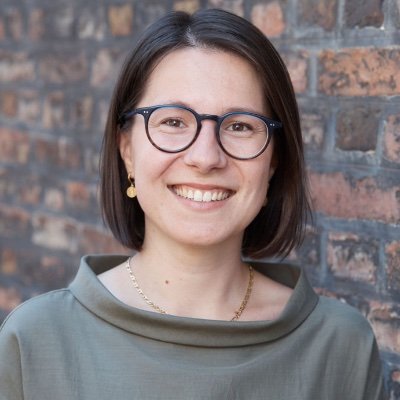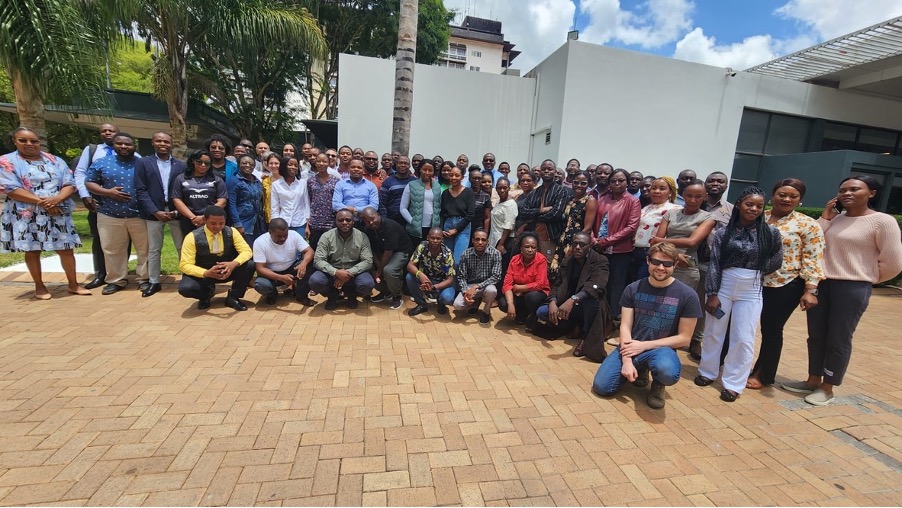Travelling to Zambia to deliver the ZAM CAM Neurotrauma Course
February 2024 by Ms. Sara Venturini
 |
About the Author: Ms. Sara Venturini Ms. Sara Venturini is a NIHR Clinical Research Fellow within the NIHR Global Health Research Group on Acquired Brain and Spin Injury, and a Specialist Registrar in Neurosurgery at the Cambridge University Hospitals NHS Foundation Trust. |
In February 2024, a team of six clinicians and researchers from the University of Cambridge and NIHR Global Health Research Group on Acquired Brain and Spine Injuries (ABSI) travelled to Lusaka, Zambia to run the ZAM CAM Neurotrauma course. The ZAM CAM course is part of an ongoing partnership between the University of Cambridge and University Teaching Hospitals in Lusaka, established in 2017, and supported by the NIHR through the ABSI group. This partnership focusses on education, research and exchange of clinical knowledge.
This was the first time the ZAM CAM course was organised after the Covid pandemic. The Cambridge team was formed by Mr Rikin Trivedi (consultant neurosurgeons), three neurosurgery registrars (David, Sara and Swati), Nicola Owen, neurotrauma specialist nurse, and Dr Fahim Anwar, consultant in neuro-rehabilitation.
The course, lasting 3 days, brought together over 50 healthcare professionals from across Zambia. The audience was a mix of neurosurgeons, general surgeons, orthopaedic surgeons, anaesthetists, nurses and physiotherapists who all care for patients with brain and spine injuries in Zambia. In many parts of the country (all of the country with the exception of the capital, Lusaka), there are no neurosurgeons and the healthcare professionals caring for patients with brain or spine injuries are from other fields of medicine.
The Cambridge team was joined by local neurosurgeons from University Teaching Hospitals in Lusaka to form the faculty for the course. Over a three-day period, attendees learnt about various aspects of the care of brain and spine injury patients. A mixture of lectures and practical sessions covered topics ranging from initial assessment of a trauma patient to pathophysiology of brain and spine trauma. During the workshops, participants were able to learn and practise how to assess an injured patient, perform a log-roll, and apply cervical collars. There were also practical stations teaching how to preform burr-holes to evacuate intracranial haematomas, and a comprehensive series of practical sessions focussing on performing spinal procedures, including spinal instrumentation.
This course was a great experience to connect with colleagues in Lusaka and discuss the management of neurotrauma patients in the country. It was very interesting to discuss the challenges faced and practical aspects of caring for patients with severe injuries even in remote parts of the country. It was also a chance to re-connect with friends and colleagues and create new collaborations. This course is part of a larger body of work in Zambia, supported by the NIHR ABSI group, which includes academic research projects to map and improve the care of patients suffering from acquired brain and spine injuries in the country.



